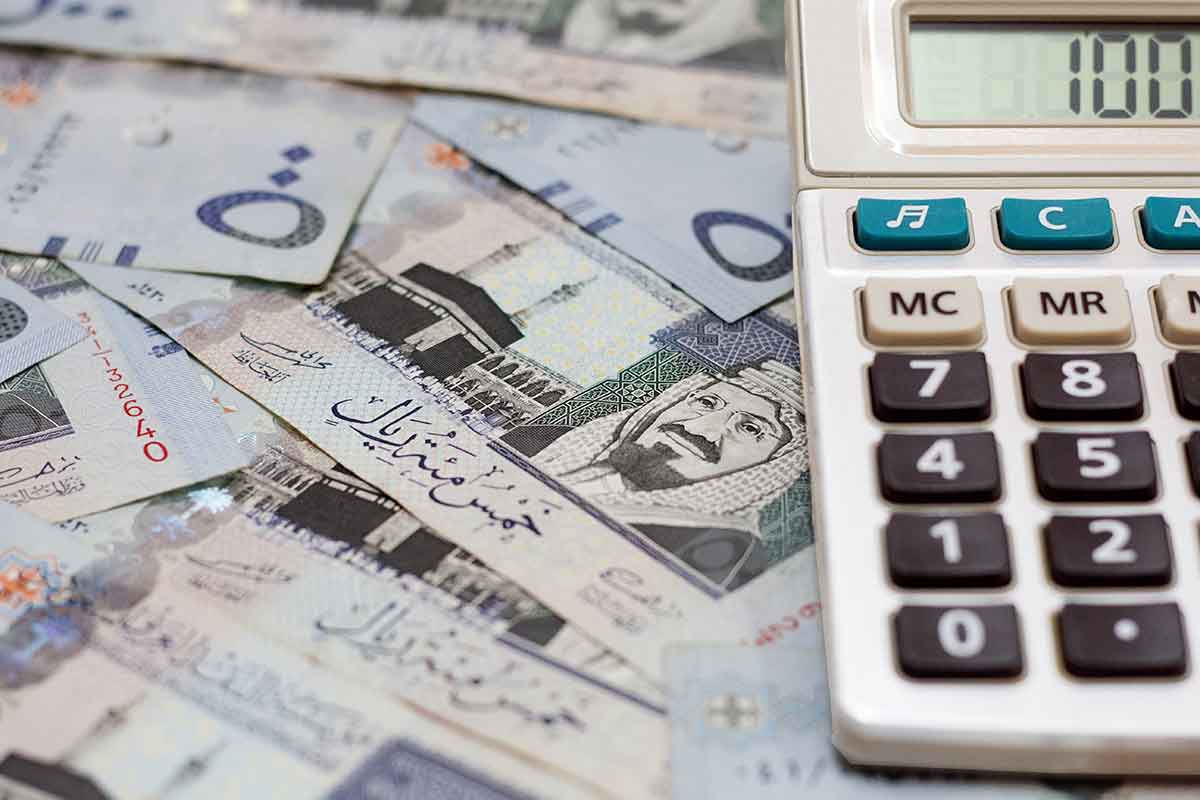Saudi Arabia’s economic diversification plan under Vision 2030 is at risk if small and medium-sized enterprises (SMEs) are not given priority and support by banks, Naman Sharma and Zeeshan Khwaja, Partners in Financial Services at Kearney Middle east, said in an interview on the latest AB Majlis podcast episode.
“SMEs are a cornerstone of achieving Vision 2030 objectives,” said Sharma. “If you look at Vision 2030, in almost many aspects of their pillars, they speak about activating the SME ecosystem and supporting the SMEs.”
However, a major challenge is the significant lack of financing available for SMEs in the Gulf region compared to developed markets. “In OECD countries, almost 20 percent of bank lending goes towards SMEs. In the GCC, that does not cross 8 percent of the bank lending,” Sharma stated. “On an average basis, not more than 4 percent of bank lending in the region is towards SMEs.”
Khwaja explained why this lending gap exists. “Banks have not been set up to be able to go out and fund that segment because it hasn’t been a segment which has really been of any attention point…Banks are used to having quite straightforward policies and quite rigid lending criteria. But when you look at SMEs, each SME is different.”
How Gulf banks can better serve SMEs
To better serve the underserved SME market, banks will need to overhaul their traditional approaches and leverage new technologies like data analytics and AI.
“The key is going to be data. How banks can use data, organize data, understand various aspects of the SME business to really make those lending decisions and service decisions,” said Sharma.
Kowaja highlighted the opportunity for banks, saying “We’re in a time where traditional methods are far and few between and will not succeed. It’s about looking at how do you look at that segment differently?… Banks have a great opportunity and role to play to support these SMEs from a digitisation perspective.”
Partnerships between banks and government development finance institutions (DFIs) focused on SMEs could also be transformative according to Sharma.

“A culture and focus approach towards SMEs, which is what DFIs bring, supported by innovation, infrastructure and scalability of the banks, can be a game changer for the SME ecosystem.”
With economic diversification a top priority, activating and funding the SME sector is critical for Saudi Arabia and the Gulf nations to achieve their ambitious visions for the future. By modernizing outdated practices, utilising new technologies, and fostering strategic partnerships, the banking sector can play a key role in unlocking the potential of SMEs as an engine for employment, innovation and prosperity.
Tune into AB Majlis every Monday
To listen to the full episode and gain a comprehensive understanding of doing business in the Gulf region, visit our RSS feed or check out AB Majlis on Spotify, Apple Podcasts, and other platforms.
Episodes are also available on:
Tune in every Monday for weekly episodes that will help you stay ahead of the curve and enrich your understanding of the Gulf region.
Subscribe to Arabian Business for more exclusive content.






